Belgrade wants Serbs to be given customs money
Belgrade is asking that the money collected as customs duty at two administrative line crossings in northern Kosovo should be given to the Serbs municipalities.
Monday, 03.12.2012.
09:48

BELGRADE Belgrade is asking that the money collected as customs duty at two administrative line crossings in northern Kosovo should be given to the Serbs municipalities. Furthermore, the Serbian government team in the Kosovo dialogue will today propose that the customs workers of the Kosovo Albanian authorities in Pristina should act as observers at Jarinje and Brnjak. Belgrade wants Serbs to be given customs money The continuation of the technical dialogue, scheduled for Monday, comes ahead of another meeting between Prime Minister Ivica Dacic, and the head of the government of the interim institutions in Pristina, Hashim Thaci. These proposals would amend the agreement on integrated management of the crossings (IBM, "Integrated Border Management"), accepted by the previous government during the EU-sponsored Kosovo talks. Belgrade daily Vecernje Novosti is writing that Dacic's cabinet discussed these new proposals on Sunday, and that, should they be accepted, they would eliminate the differences between the authorities in Belgrade and local Serbs in northern Kosovo. Head of the Serbian team in the technical dialogue Dejan Pavicevic has been quoted as saying that the technical protocol on the implementation of the agreement "cannot be changed", but that the goal was "to build in the demands of our people from the north into the documents that would accompany the implementation". Serbs in that region form a majority and reject the institutions in Pristina, as well as the ethnic Albanian unilateral declaration of independence, made almost five years ago. Instead, they function as part of the Serbian government institutions. A resolution adopted by the European Parliament, however, is asking Serbia to shut down what is referred to as its "parallel institutions" in the north, but Government Office for Kosovo and Metohija head Aleksandar Vulin says that this will not happen. "EP's resolutions are not binding. The lives of our people in the province would not be possible without our institutions there, and Belgrade wants Kosovo and Metohija with Serbs in it. Therefore, no shutting down will take place." Beside the issue of the customs fees, Serbs from northern Kosovo also do not wish to be taking license plates and personal documents issued by Pristina. Their leaders will once again travel to Belgrade on Tuesday to meet with President Tomislav Nikolic, who will inform them about the developments. Meantime, Kosovska Mitrovica Mayor Krstimir Pantic told reporters that local Serbs could once again decide to block roads in protests, but added that he was "sincerely hoping this would not come to pass": "We do not wish confrontations with our government, but we are trying to use all the democratic means at our disposal to voice our dissatisfaction with the attempts to impose something on us that is not natural." And while much of the attention of the public is on Brussels and the talks there, a road construction company from Novi Pazar is building a new checkpoint near Sarpelj, located between Jarinje and Rudnice, under the protection of the MUP Gendarmerie. The works are expected to be complete by December 7, when this checkpoint should be activated along with that of Merdare, as a test for the implementation of the IBM. The plan is to place containers there to house the personnel that will man the checkpoint, but it remains unclear whether Serbs, ethnic Albanians, and EULEX will work together or separately, and in that way carry out checks of passengers and goods moving between Kosovo and Metohija and central Serbia. B92 Vecernje novosti
Belgrade wants Serbs to be given customs money
The continuation of the technical dialogue, scheduled for Monday, comes ahead of another meeting between Prime Minister Ivica Dačić, and the head of the government of the interim institutions in Priština, Hashim Thaci.These proposals would amend the agreement on integrated management of the crossings (IBM, "Integrated Border Management"), accepted by the previous government during the EU-sponsored Kosovo talks.
Belgrade daily Večernje Novosti is writing that Dačić's cabinet discussed these new proposals on Sunday, and that, should they be accepted, they would eliminate the differences between the authorities in Belgrade and local Serbs in northern Kosovo.
Head of the Serbian team in the technical dialogue Dejan Pavićević has been quoted as saying that the technical protocol on the implementation of the agreement "cannot be changed", but that the goal was "to build in the demands of our people from the north into the documents that would accompany the implementation".
Serbs in that region form a majority and reject the institutions in Priština, as well as the ethnic Albanian unilateral declaration of independence, made almost five years ago. Instead, they function as part of the Serbian government institutions.
A resolution adopted by the European Parliament, however, is asking Serbia to shut down what is referred to as its "parallel institutions" in the north, but Government Office for Kosovo and Metohija head Aleksandar Vulin says that this will not happen.
"EP's resolutions are not binding. The lives of our people in the province would not be possible without our institutions there, and Belgrade wants Kosovo and Metohija with Serbs in it. Therefore, no shutting down will take place."
Beside the issue of the customs fees, Serbs from northern Kosovo also do not wish to be taking license plates and personal documents issued by Priština. Their leaders will once again travel to Belgrade on Tuesday to meet with President Tomislav Nikolić, who will inform them about the developments.
Meantime, Kosovska Mitrovica Mayor Krstimir Pantić told reporters that local Serbs could once again decide to block roads in protests, but added that he was "sincerely hoping this would not come to pass":
"We do not wish confrontations with our government, but we are trying to use all the democratic means at our disposal to voice our dissatisfaction with the attempts to impose something on us that is not natural."
And while much of the attention of the public is on Brussels and the talks there, a road construction company from Novi Pazar is building a new checkpoint near Šarpelj, located between Jarinje and Rudnice, under the protection of the MUP Gendarmerie.
The works are expected to be complete by December 7, when this checkpoint should be activated along with that of Merdare, as a test for the implementation of the IBM.
The plan is to place containers there to house the personnel that will man the checkpoint, but it remains unclear whether Serbs, ethnic Albanians, and EULEX will work together or separately, and in that way carry out checks of passengers and goods moving between Kosovo and Metohija and central Serbia.










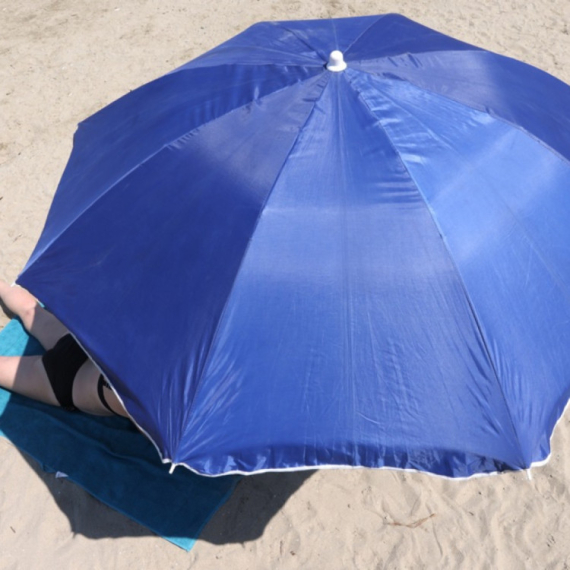
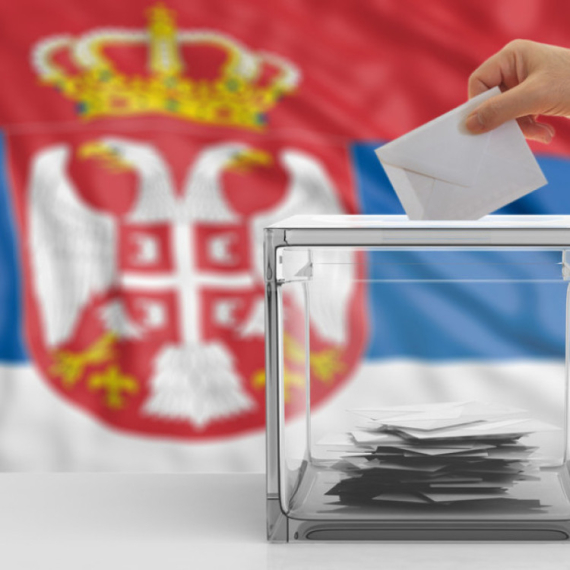
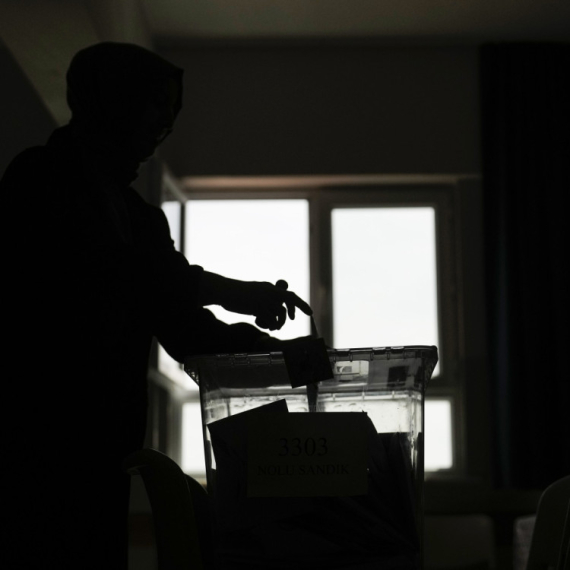
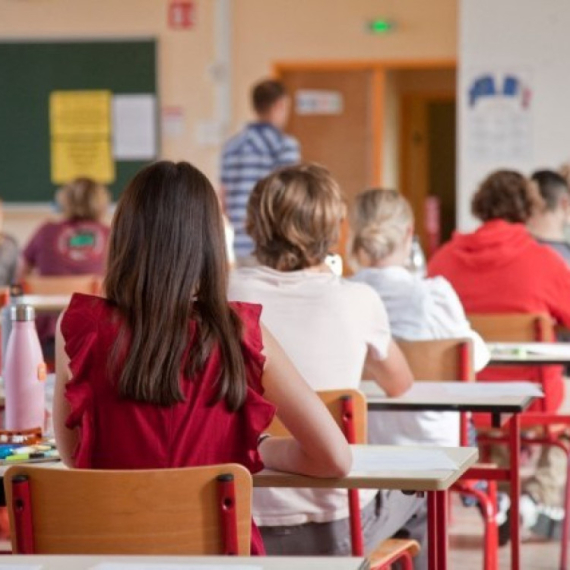
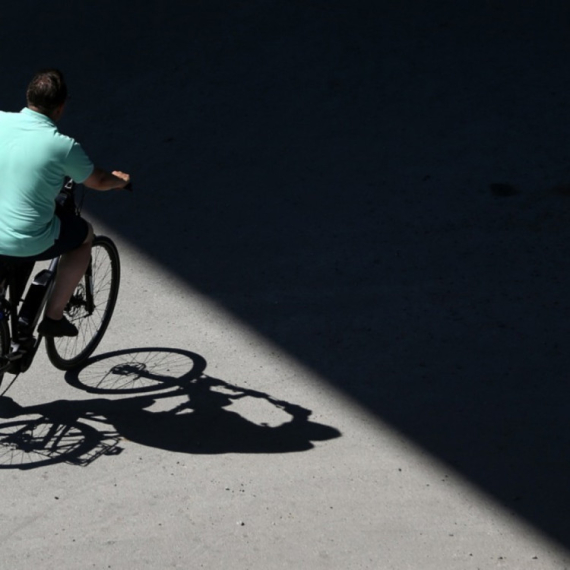








































Komentari 63
Pogledaj komentare